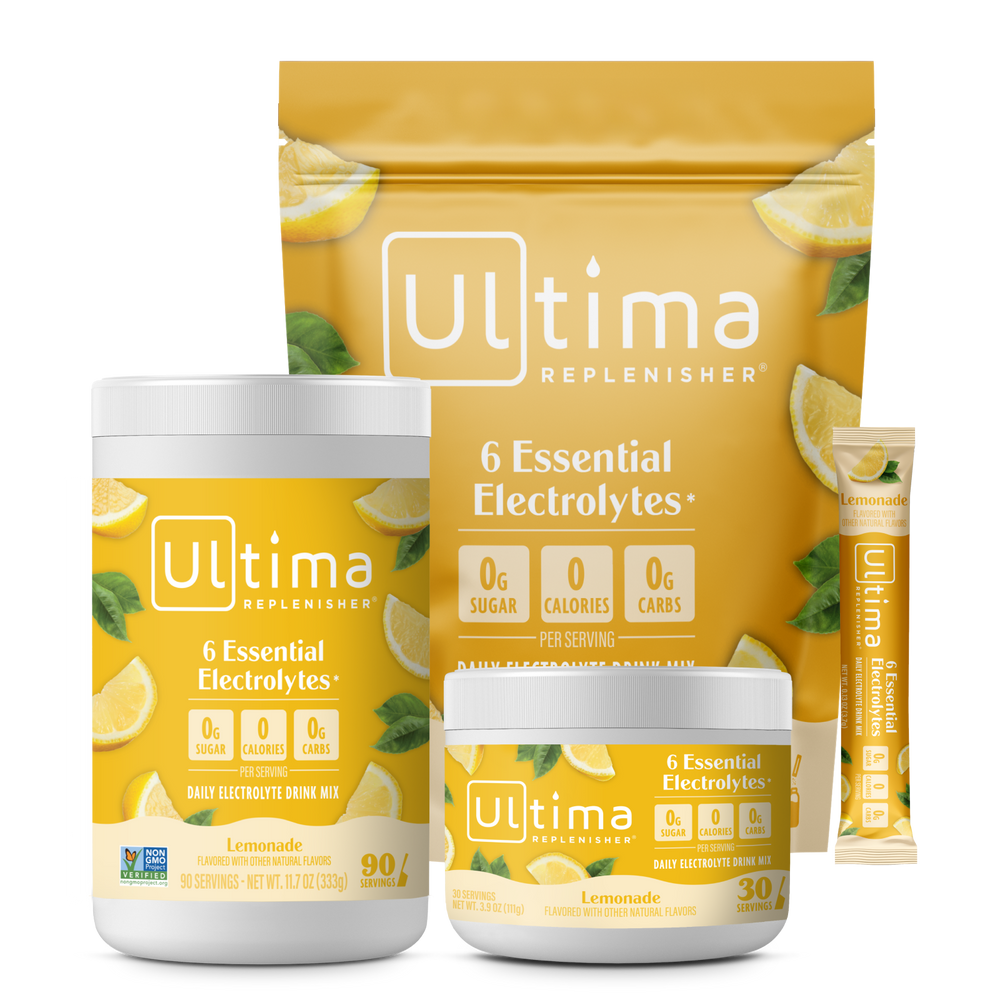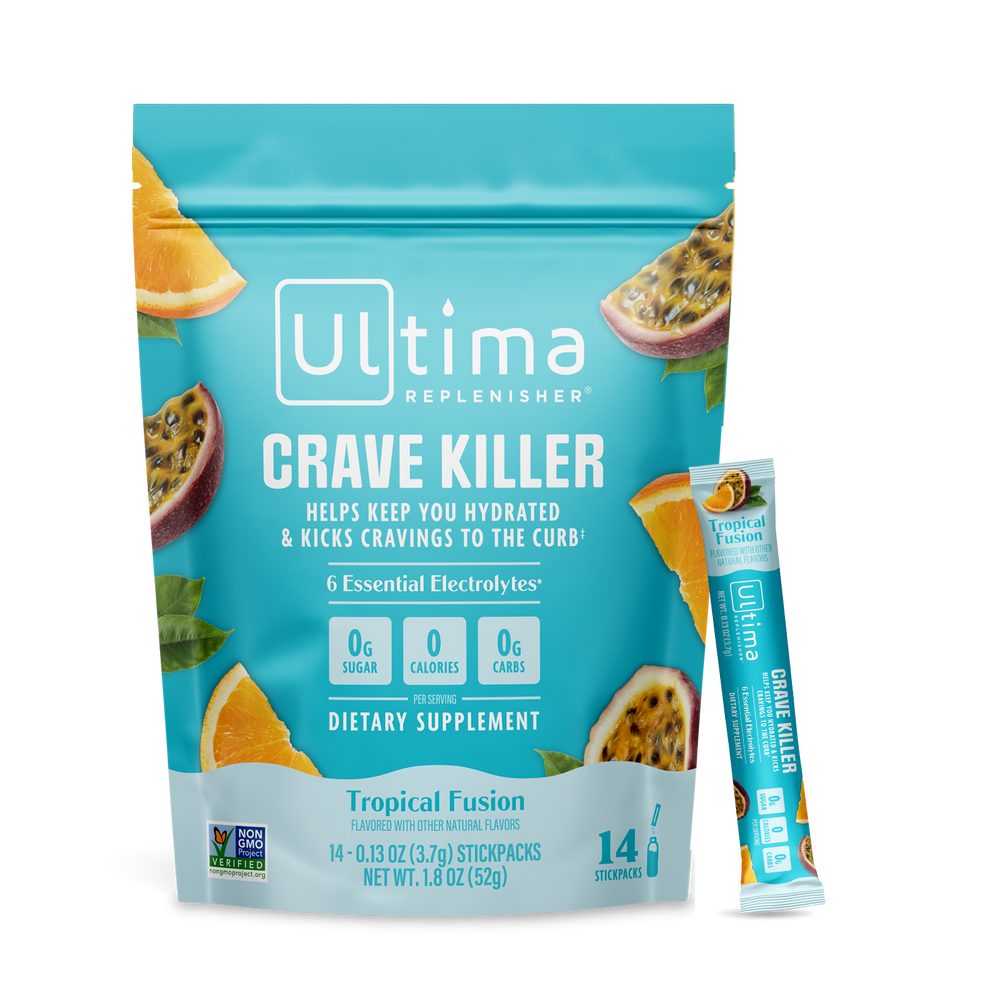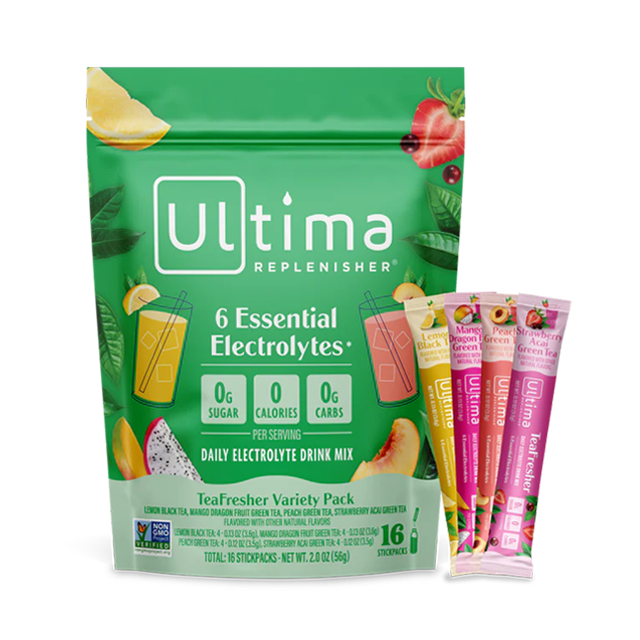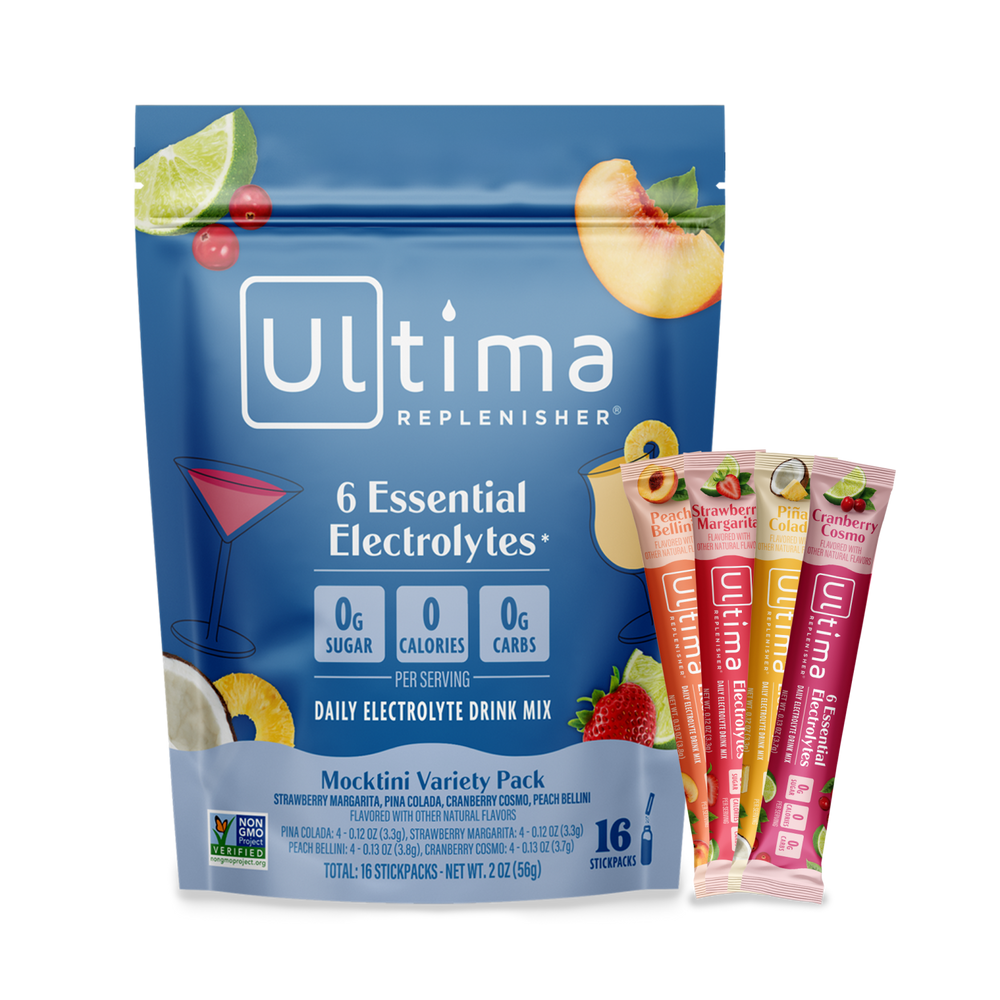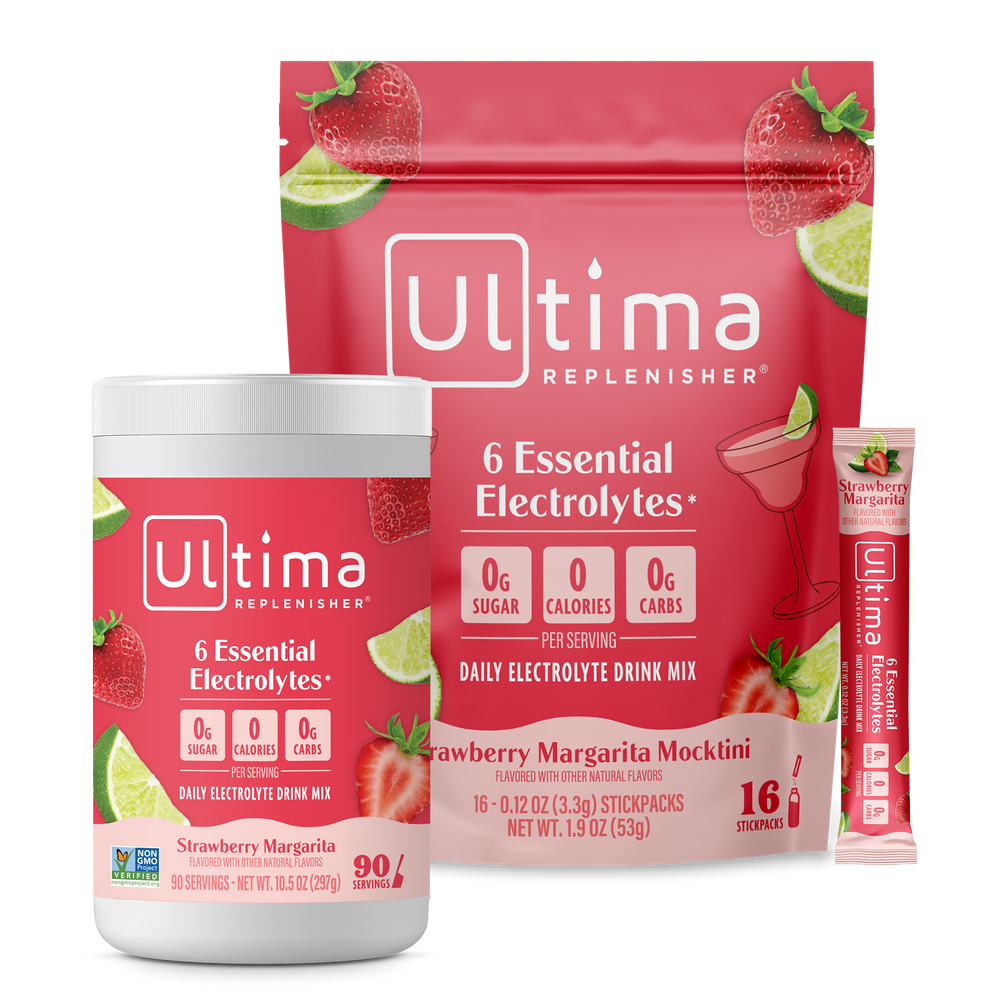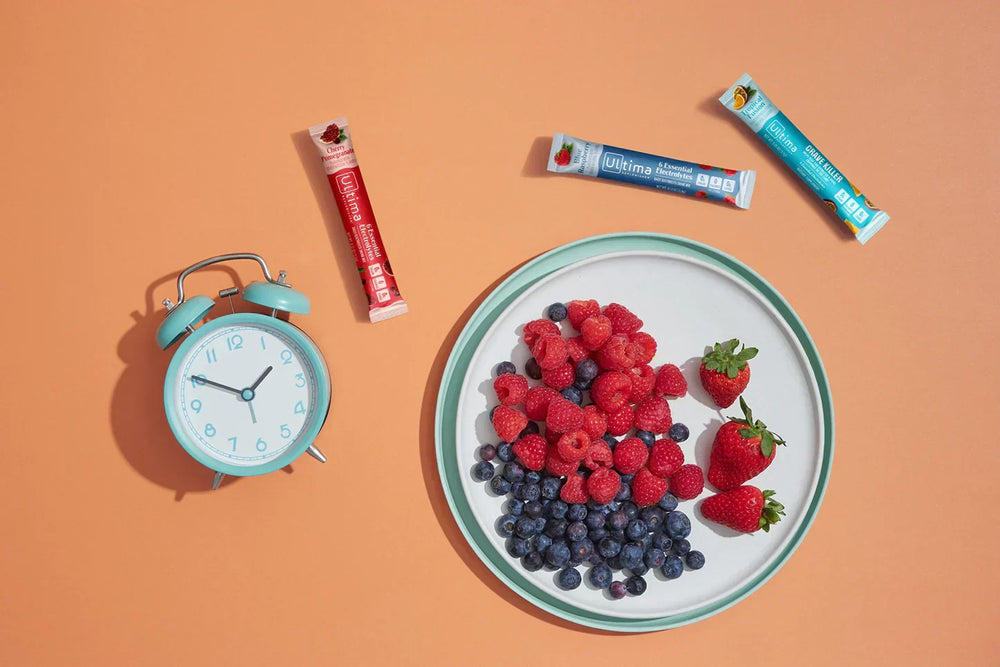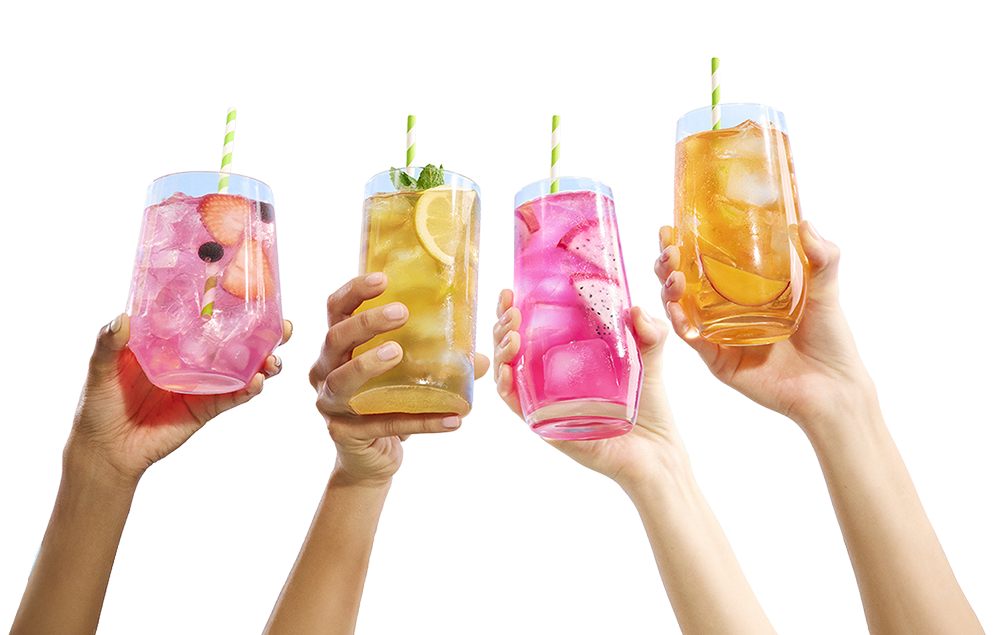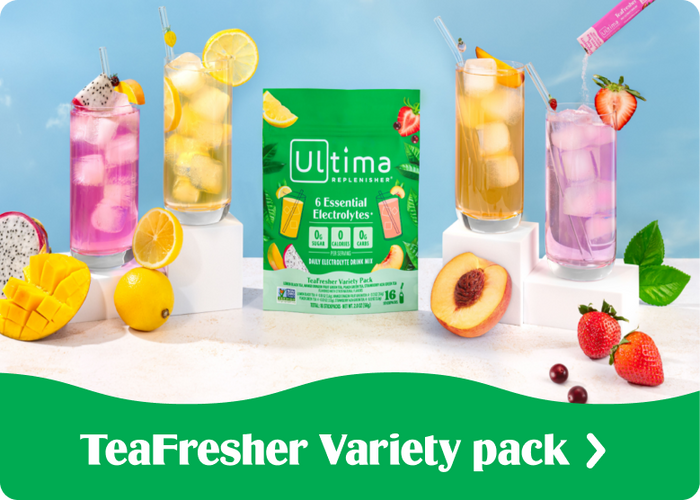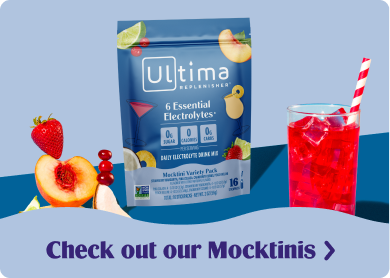
Top Tips for New Moms to Stay Hydrated
Staying hydrated by getting enough fluids throughout the day is essential to your health, no matter your stage of life. Whether you're in the preconception phase, currently pregnant, navigating postpartum recovery or experiencing menopause, proper hydration supports your physical and mental wellness.
For new moms, hydration plays an important role in energy levels, mental clarity, digestion, and of course, milk production. Use these simple, science-backed tips and insights to make drinking hydration drinks for breastfeeding a daily habit, and learn why proper fluid intake is especially important during the cold, dry months and the summer heat.
Why hydration matters when breastfeeding
After giving birth, it's easy to get so focused on your baby’s needs that yours fall by the wayside, but remember that hydration is a necessity. When you're breastfeeding, your body produces a large volume of milk every day, and that process pulls water and nutrients from your system.
Staying hydrated helps you feel better and supports digestion, energy levels and mental sharpness. It can also help reduce common postpartum issues like constipation, headaches, muscle cramps and overheating. That’s why so many experts recommend incorporating hydration drinks for breastfeeding into your routine to stay consistently replenished.
How Much Water Should You Drink When Breastfeeding?
Here’s where things get a bit tricky. You might hear that nursing mothers should drink 8 to 12 glasses of water a day, but these numbers often come from studies that include the liquids and water found in food.
In reality, how much fluid you need depends on your size, metabolism, activity level and your climate. Instead of fixating on an exact number, do your best to drink when you’re thirsty and monitor your hydration through simple cues, like the color of your urine (it should be pale yellow or clear).
Overhydration can actually have the opposite effect on your milk supply. Drinking more than your body needs can dilute your electrolyte balance, which signals your body to excrete the excess water instead of sending it to your breast tissue. So while staying hydrated matters, there’s no need to force it—just listen to your body!
6 ways to stay hydrated while breastfeeding
1. Make hydration a daily habit
Start your morning with 1–2 glasses of filtered water before anything else. This sets the tone for the day and helps rehydrate your body after hours of sleep. Try to drink throughout the day, not all at once.
2. Keep water and other fluids close by
Water and hydration drinks for breastfeeding only help if you’re actually drinking them. Keep a water bottle next to your bed, on your desk, and most importantly, at your nursing station. When your baby drinks, you drink—it’s one of the simplest habits to build. Choose a stainless-steel or glass bottle over plastic whenever possible to avoid potential exposure to endocrine-disrupting chemicals like BPA.
3. Use your cravings as cues
Nursing often triggers thirst. Listen to your body and drink small amounts regularly instead of chugging large amounts of fluid less often. Don’t wait until you feel parched—you may already be dehydrated by then.
4. Eat your water
Incorporate hydrating foods into your meals and snacks. Water-dense fruits and vegetables like watermelon, cucumbers, strawberries, cantaloupe, oranges, spinach, lettuce, celery and tomatoes are all great options. Not only do they keep your fluid levels up, but they also deliver essential vitamins and minerals.
5. Sip soups and broths
Liquid foods can be a game-changer. Bone broths are especially rich in collagen and amino acids that support postpartum recovery and soft tissue repair. A warm bowl of soup also doubles as a comforting and hydrating meal, especially in colder seasons.
6. Try hydration drinks with electrolytes
One of the best hydration drinks for breastfeeding is Ultima Replenisher. It provides essential electrolytes and minerals that are absorbed faster than plain water. Electrolytes like sodium, potassium and magnesium help your body retain water and balance fluid levels, which is especially important if you're sweating, nursing frequently or feeling depleted.
Note: Always check with your healthcare provider before adding an electrolyte drink to your daily routine to make sure it's the right fit for you.
How to know if you’re drinking enough
Your body is incredibly smart. It’ll give you clear signals whether it’s hydrated or not. The best way to tell if you’re drinking enough is to look at your urine. If it’s dark yellow, you probably need to drink more fluids. If it’s clear or pale yellow, chances are that you’re properly hydrated.
You might also notice a drop in energy, dry lips, or irritability when you’re dehydrated. These small symptoms can have a big impact when you’re adjusting to a newborn’s schedule, so check in with yourself regularly.
With a few consistent habits—keeping water nearby, eating hydrating foods, sipping broths and drinking hydration drinks for breastfeeding like Ultima Replenisher—you can support your body through one of life’s most demanding stages.
Nourishing your body doesn’t mean being perfect. It means finding small, sustainable ways to care for yourself while caring for your baby.
About the Author

Chantal Traub
Board Certified Health & Wellness Coach, Doula and Childbirth Educator
Chantal Traub is a top New York City birth facilitator, doula, childbirth educator and health coach. In her 20-plus years in practice, she has become internationally acclaimed for her expertise on educating and preparing expecting parents on the role of the pelvic floor during birthing and how best to prepare ahead of time.
Traub speaks often on the subject and she's is a regular educator for Global Pelvic Health Alliance, and has been featured on many podcasts, including “Next Question with Katie Couric”; The Women’s Health Podcast; and Yoga, Birth, Babies.
In recent years, Traub has expanded her training and health coaching practice to be able to serve the health needs of women of all ages and at all life stages.
Certifications: NBC-HWC, CD(DONA), CCCE, LCCE
You can learn more about her here: www.chantaltraub.com
photo credit: Kevin Liang
